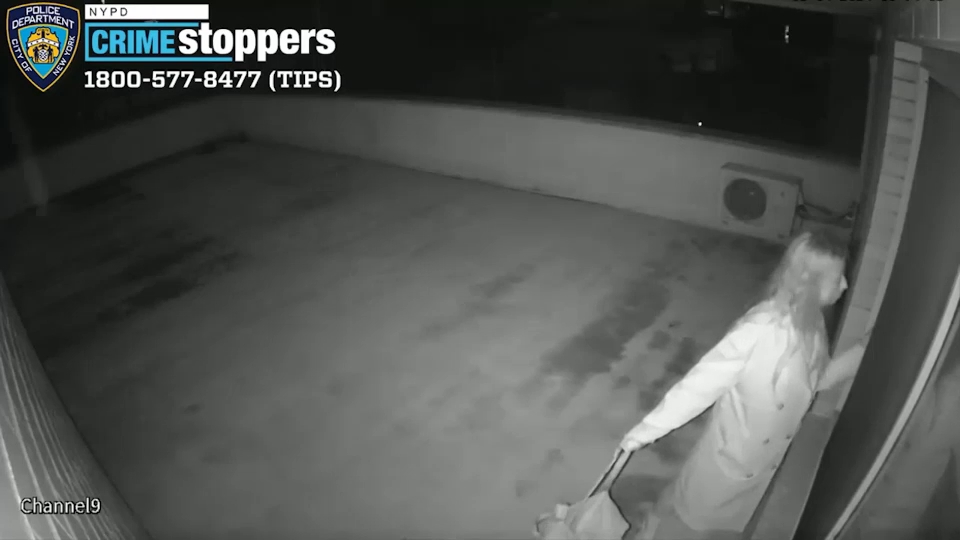Equity Report: Racial gaps in health insurance in New York City

CORONA, Queens (WABC) -- New York City was the once epicenter of the COVID-19 pandemic, and there's no question the virus didn't discriminate against who gets sick.
There are, however, neighborhoods and groups of people who have been hit much harder than others.
No one knows that better than Dr. Ramon Tallaj.
"We are really the front line," he said. "In our community, we are essential workers. If we don't work, we don't eat, we don't pay rent."
ALSO READ | 7 On Your Side Investigates racial disparities in missing person cases

Dr. Tallaj cofounded a string of clinics called SOMOS Community Care that serve the most vulnerable population in New York City, where people have been lining up for care.
His patients kept the city running when everyone else was told to stay home, and they're also the least likely to have health insurance in the area.
"From the beginning, we knew we were going to be the most affected," Dr. Tallaj said.
7 On Your Side Investigates found more than 7% of Black and Asian New Yorkers are uninsured, more than double the amount of white people. For Latinos, that number's even higher at 14%.
"It sounds right, and that is probably without counting the undocumented," Dr. Tallaj said. "So if you add those numbers, it's probably going to be even worse."
Search the rate of uninsured by neighborhood:
The neighborhood with the biggest gap in health Insurance is Corona, Queens, where more than 28% of Latinos don't have health insurance. It was hit the hardest by COVID-19 in terms of positive cases and deaths.
"No wonder why so many people died there," Dr. Tallaj said.
Community advocates have been proposing new laws that would provide insurance to undocumented workers.
"More insurance for more people, at costs they can afford," said Bethsy Morales-Reid, of the Hispanic federation.
She said the bill they've been backing has been shot down every year for the past five years.
"Some say someone might sue us for providing insurance to someone who is undocumented," she said. "So there's a lot of blocks that have been barriers."
ALSO READ | 7 On Your Side Investigates COVID increases in unvaccinated areas

It's not just about getting people life-saving help during pandemic times. It's also about getting them preventative health care to stop health emergencies from happening in the first place.
"And that translates in health, wellness, in our people and happiness," Dr. Tallaj said.
The data from this report was part of ABC's Our America Equity Report.
Data journalists with ABC News tabulated the racial inequities for about 100 metropolitan areas across the country to see how the communities fare in terms of environment, police, health care, housing and health care.
Visit OurAmericaABC.com to see how your community compares to others.

----------
DO YOU NEED A STORY INVESTIGATED? Dan Krauth and the 7 On Your Side Investigates team at Eyewitness News want to hear from you! Call our confidential tip line 1-877-TIP-NEWS (847-6397) or fill out the form BELOW. You can also contact Dan Krauth directly:
Email your questions, issues, or story ideas to 7OnYourSideDan@abc.com
Facebook: DanKrauthReports
Twitter: @ DanKrauthABC7
Instagram: @DanKrauth







